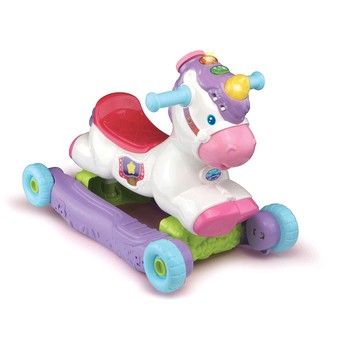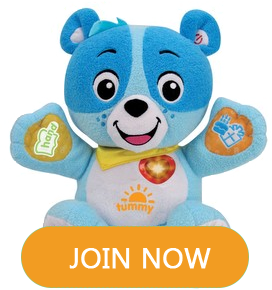Why Join VTech Club?
Joining is free, fast and full of great benefits, such as:
- Promotions and offers
- Monthly £1,000 prize draw*
- Regular competitions
- Special offers for our members
Added benefits
- Register your VTech products
- Apply to be a Product Tester
-
Shop
AgeBaby MonitorsBy BrandMore Ways To Shop
- Brands
-
Downloads
Learning LodgeLearning Lodge AppsIOS AppsAndroid AppsDigiart
-
Parents
VTech Club Sign-up
- Customer Support
Consumer ServicesAbout VTechFirmware UpdatesContact Us - Customer Support
Shop
Age
Baby Monitors
By Brand
More Ways To Shop
Brands
Downloads
Learning Lodge
Learning Lodge Apps
IOS Apps
Android Apps
Digiart
Parents
VTech Club Sign-up
Parenting
Community
Customer Support
Consumer Services
About VTech
Tutorials
Firmware Updates
Contact Us

18-36
MONTHS
Rock & Ride Unicorn
£59.99
Temporarily out of stock
Developmental Benefits

Imaginative Play

Independent Play

Language Development

Motor Skills

Sensory Development
Developmental Benefits
Rock & Ride Unicorn

- Imagination and exploration through interaction with characters.
- Children’s imagination is active from an early age. Imaginative play has links to what psychologists call ‘social pretend play’. Young children pretend or imagine that, for instance a wooden block is a cake and they carefully ‘cut’ it. A large proportion of pretend play tends to be social. Imaginative play begins when infants play and pretend with adults. As young children develop they begin to try to engage other children in social pretend play. Young children in nursery benefit from engaging in imaginative play. It helps them to begin to understand that other children think differently to them and have different ideas.
Children can engage in imaginative play with other children where they have agreed on a story or scenario that they want to act out. Young children playing with toys use their imagination to invent scenarios and play out the consequences. They can use characters to explore scenarios and act out scripts such as going shopping or bedtime. Imaginative and social pretend play is beneficial for children as it allows them to explore different ways of viewing the world. Children who use their imagination when playing with other children are increasing their social competence and their understanding of other people. In a study where we observed children playing in a nursery we found that young children engaged in imaginative play, often using the toys in unexpected ways. Children’s imagination benefits from the opportunity to play with all types of toys.

- Games and voice prompts allow children to control the pace.
- Early play in infants tends to be solitary or takes place alongside other children. Young children learn how to interact with other children through play but they can also explore and learn independently. The initial play experience for infants is when they begin to explore through moving and acting upon the world. Many toys offer infants the opportunity to learn more about their world. Young children will sometimes act out some aspect of their lives e.g. going to the shops and then they involve their toys in these activities. These young children are playing independently but they are also reinforcing their understanding of the social world by acting out scenarios.<br /> Young children can consolidate their existing skills by repeating actions whilst playing a game. Learning to play independently has its benefits, for instance, children using an educational game can control their own pace. Children sometimes choose to work independently in order to build up their confidence. Toys and computer games that facilitate independent activity at the right level for the child enhance problem solving skills and increase hand and eye coordination. Although cooperative play increases during childhood, children still spend the equivalent amount of time in solitary or independent play.

- Introduces the alphabet, letter sounds and vocabulary.
- Babies start to babble at an early age and this can be seen as the first signs of language. They are predisposed to pick up the sounds of the language that they hear around them. Adults can facilitate babies’ language development by playing with them, focussing on particular toys, reading books and naming everyday objects. The more babies are exposed to language the faster they will begin to pick up it up. There are social skills involved in language acquisition such as realising that it is necessary to wait until the other person has finished speaking. Babies begin to learn about conversational turn-taking from an early age; if a baby is babbling the adult waits for a pause and then talks to the baby. Babies learn to take turns even before they are using words. Social interaction is important for language development and turn-taking games are a fun and educational way for babies and young children to learn.<br/ > Young children also need to practice their language skills. Toys that name alphabet letters and everyday words satisfy young children’s need for repetition and rehearsal when practicing words and sounds. For instance, young children can press a button repetitively to hear the same sound or word again. Babies and children learn a lot through repetition and pick up words rapidly in this way. Once children begin to read their vocabulary expands enormously.

- Encourages fine motor skill development.
- An infant’s growth and development in the first year of life is rapid. Many movements that young babies make are in preparation for the next stage of their development. When young babies watch a mobile they are constantly moving their head, arms, legs and even their mouths in response to the movement of the toy. Sound and movement attract a baby’s attention; if a toy is placed almost within reach of babies their movements become more animated. Bath toys provide opportunities to develop and use motor skills to great effect. For example, a young baby has greater control over their leg movements than their arms. You will often see young babies in a bath reaching with their legs towards a floating toy and kicking. All these movements strengthen muscles in readiness for the next stage - walking.<br /> As babies develop they become more adept at grasping objects. Young infants learn to grasp an object, for instance a cube. The grasping, at first, is quite clumsy but through repetition, and across time, infants become adept at grasping and develop fine motor skills. Infants first use the ulnar grasp where their fingers close against the palm when trying to hold an object. Within another month they are able to move the object from hand to hand. After the first year, infants adopt the ‘pincer grasp’ where they use their thumb and index finger to grasp even very tiny objects. Shape sorters help infants to fine tune their visual perception and hand coordination. Soon infants are building towers with two cubes; this also requires fine coordination skills. As the child grows computer games have been shown to help with hand and eye coordination. Spatial skills can also be enhanced when playing games that require concentration, quick responses and finely tuned motor skills.

- A variety of textures, visuals and sounds stimulate sensory development.
- Sensory development is intimately related to motor development. Babies are born into a world that stimulates their senses and to which they react. These reactions are bodily movements which create learning experiences. Sensory development in babies can be facilitated through toys that provide opportunities for them to experience sounds, visuals and textures. Young infants need to be presented with an adequate but not too great amount of sensory stimulation.<br /> From an early age babies use touch to investigate their world; as they learn to reach they begin to run their tongue and lips over toys and then look at them. Tactile stimulation is also combined with other sensory information. Babies can perceive input from different sensory systems in a unified way; for instance, vision and touch are closely coordinated when using a shape sorter. Babies who handle shapes and also fit them through a hole are learning to solve problems through touch and sight. Infants also learn about the links between sights, sounds and feel of toys when these are demonstrated by adults. They begin to associate the sight and sound of a rhythmically shaken rattle or the nursery rhyme played by a particular toy. During the first year of life infants’ visual development is rapid and they begin to identify objects through shape, colour and texture. They also develop the ability to visually track objects. Toys give babies and young children many opportunities to enhance their sensory development.
- 2 ways to play- rock on the rocking unicorn or use as a ride-on to enhance motor skill development.
- Includes 2 modes; Learning & Music and Adventure.
- Features 2 light up buttons that introduce colours and the unicorn itself.
- Motion sensor triggers phrases and melodies.
- Magical light up horn.
- Includes 3 sing-along songs and 10 melodies.
Best for ages:
18 to 36 Months
Highlights
Come on a magical adventure! The light up buttons introduces the unicorn itself and colours. The motion sensor plays sounds. 3 sing-along songs and 10 melodies.
Description
Come on a magical adventure with the Rock & Ride Unicorn by VTech! Hop into the saddle and explore one of the two modes of play. The light up buttons introduces the unicorn itself and colours to your little one and enhance fine motor skill development and plays fun sounds to enhance listening skills and learning fun. Which also encourages language development and imaginative play. The motion sensor plays playful sounds to entertain baby when on the move. The unicorn plays 3 beautiful sing-along songs and 10 enchanting melodies and also has a magical light up horn.
- Product Number: 80-192303
- 2x AAA Batteries Required
- Customer Support
- Learning Lodge on
macOS 10.15 - FAQs
- Contact Us
- Product Safety Message
- Privacy Policy
- Cookie Statement
- Vulnerability Disclosure Policy
- Delivery Detail
- Website Terms & Conditions
- Learning Lodge Terms & Conditions
- Kid Connect and KidiConnect Terms and Conditions
- eWaste & Battery Recycling
- Product Warranty
- Returns Policy
- Modern Slavery Statement
- Right to Erasure Request Form
- Site Map
- About VTech
- Expert Panel
- Careers
- Sustainability
- Tax Strategy
- Climate Positive Workforce
- VTech Global
- VTech Canada
- VTech US
- VTech Phones

©2025 VTech Electronics, All Rights Reserved.



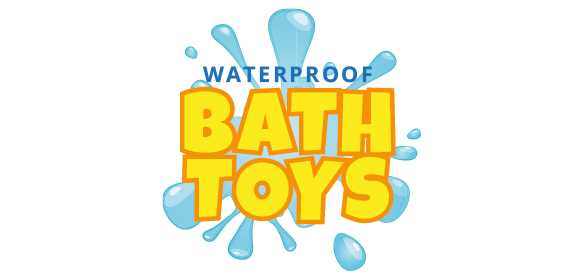
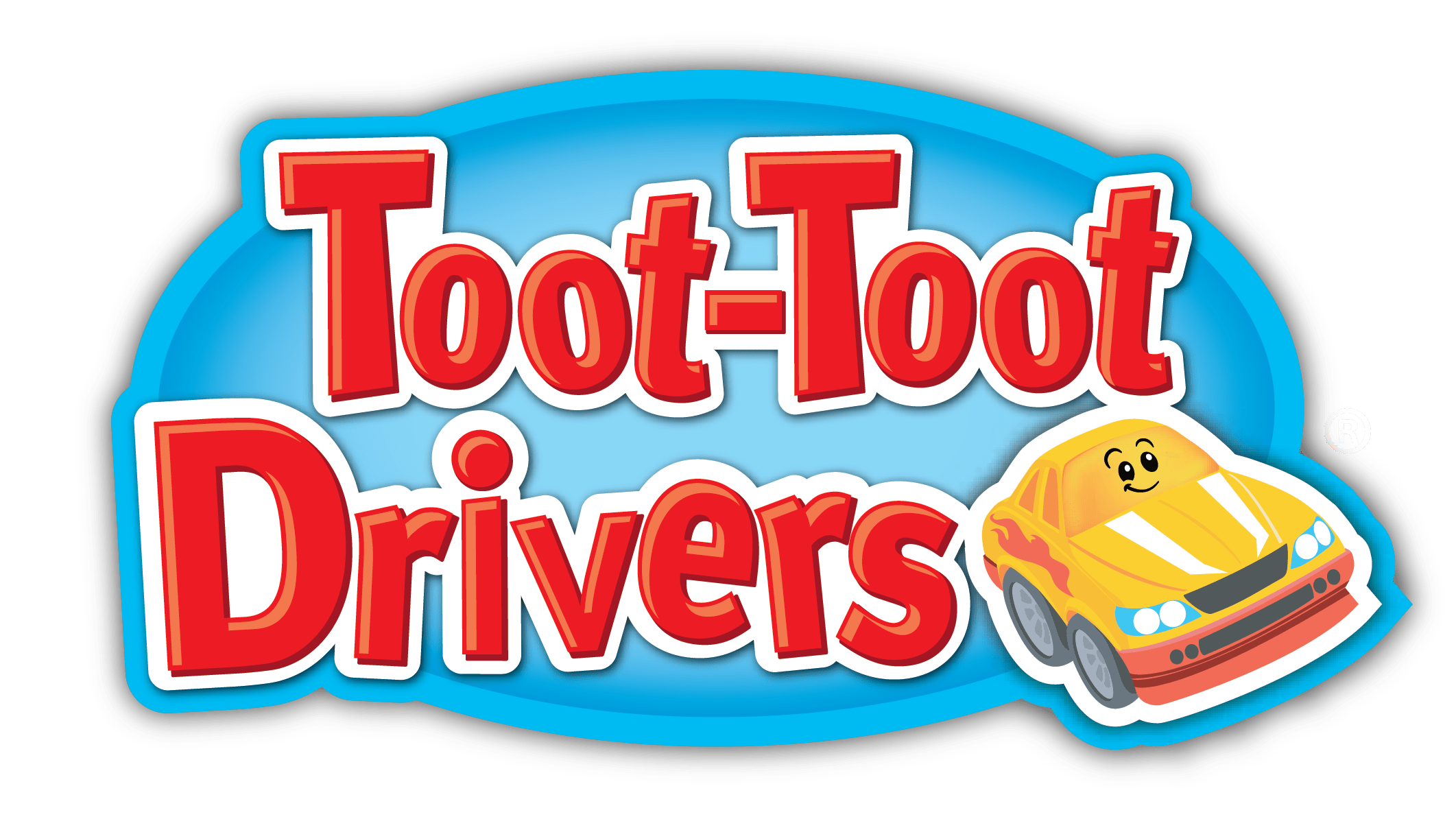



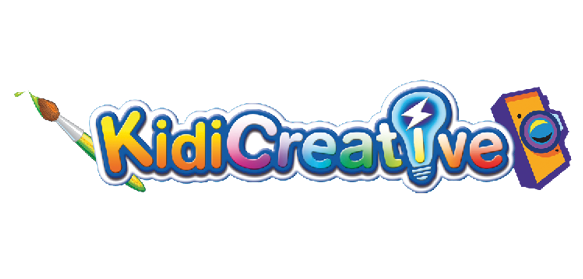

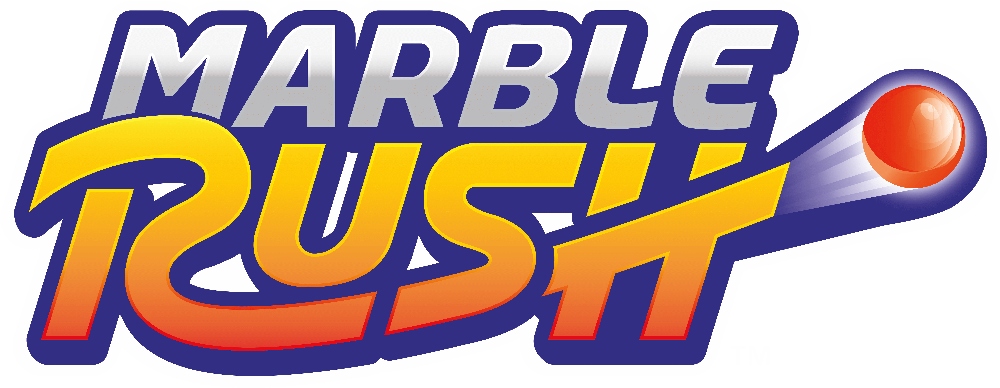
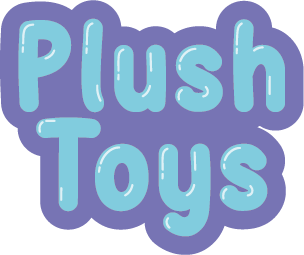

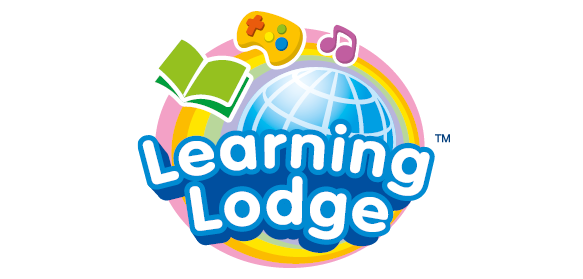 Download
Download

